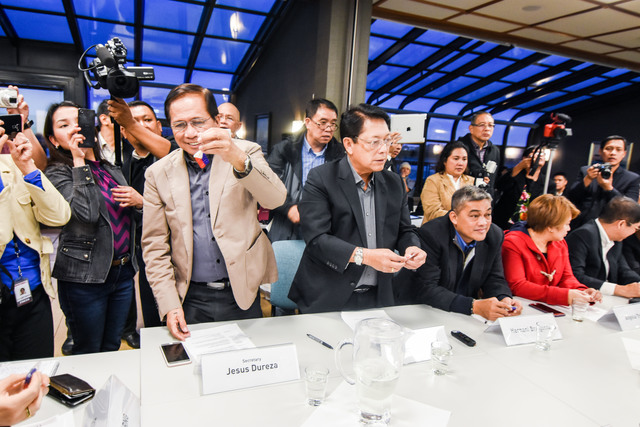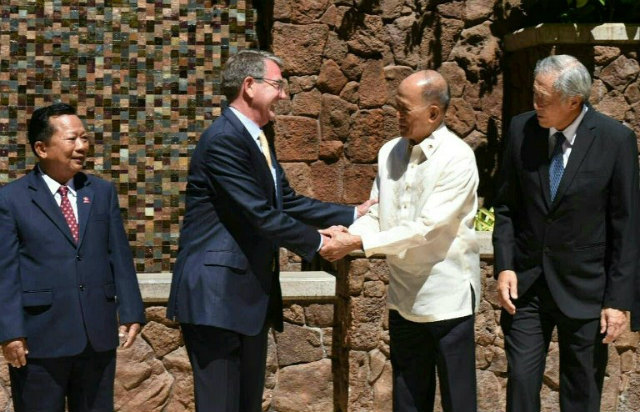In a bid to capacitate peace advocates with strategies in policy advocacy towards realizing the Bangsamoro People’s Right to Self-Determination (RSD), leaders of an alliance of Bangsamoro women organizations underwent training on ‘Thinking & Working Politically’ framework.
In the 16th Congress during the Aquino Administration, WOMB lobbied with the lawmakers in both houses of Philippine Congress to push for the passage of the Bangsamoro Basic Law (BBL), the proposed legislation that will provide the Bangsamoro people with a meaningful autonomy.
The BBL failed to pass in the House of Representatives and Senate following the bloody Mamasapano incident in January 2015.
Under the Comprehensive Agreement on the Bangsamoro, the peace accord signed by the Government of the Philippines (GPH) and Moro Islamic Liberation Front (MILF) in 2014, it is the sole responsibility of the government, particularly the legislature to pass the BBL.
The participants mapped the stakeholders, decision-makers, peace process actors and influencers who can be tapped to help in the national-level advocacy to push for the passage of the enabling law. They also determined the interests of those stakeholders.
Organizers engaged expert resource persons namely lawyer Raissa Jajurie, Noraida Chio, Derkie Alfonso, Nadine Ragonjan, and Padjo Valdenor.
The participating Bangsamoro women leaders also crafted their plan and set their objectives in their second engagement of policy advocacy to the lawmakers.
They are optimistic that the Philippine Congress will do its share for the realization of a measure that will serve the high interest of the Bangsamoro people and will finally put an end to the decades of conflict in Mindanao.
http://www.luwaran.com/index.php/news/21-southern-mindanao/904-alliance-of-bangsamoro-women-groups-undergo-training-on-thinking-working-politically-framework






